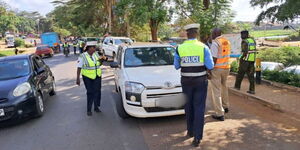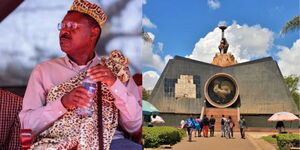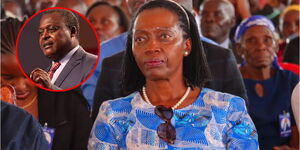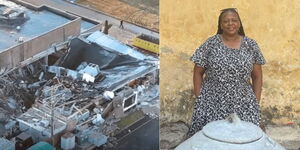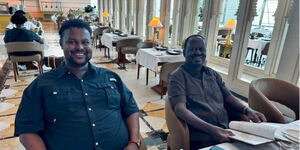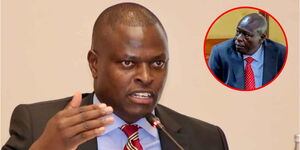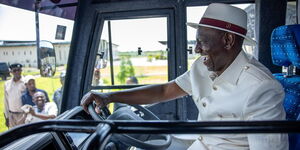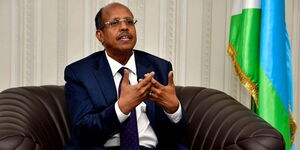Kenya has lauded the peace agreement struck between the Democratic Republic of Congo (DRC) and Rwanda, marking a significant breakthrough after three decades of simmering conflict. Nairobi expressed its profound satisfaction with the resolution, signaling optimism for regional stability.
In a statement released on Saturday, June 28, Foreign Affairs Principal Secretary Korir Sing’oei acknowledged the United States' crucial role in facilitating the deal. He equally underscored the foundational work laid by Heads of State from both the East African Community (EAC) and the Southern African Development Community (SADC), emphasizing a collaborative diplomatic effort.
“We commend Rwanda and DRC for this agreement, the dividends of which will accrue to the people of these two countries, the region, and our world,” the PS stated.
“The involvement of the United States in this process has been a vital success factor, building on the foundational efforts by the Heads of States of EAC-SADC.”
On Friday, June 27, US Secretary of State Marco Rubio announced the signing of a peace agreement between the two countries after months of peace talks led by the US.
The US expressed its commitment to ensuring the long-term stability of the two nations. Even so, the signing comes despite efforts led by Kenya’s President William Ruto to mediate the conflict between the two nations.
Ruto co-chaired several meetings between EAC-SADC Heads of State as the hostilities between the two nations intensified, albeit with limited success.
In the meetings, Ruto consistently called for an immediate and unconditional ceasefire between all parties in eastern DRC, including the M23 rebels, repeatedly emphasising that a military solution alone was not viable.
Ruto also advocated for the merger of the Nairobi Process (EAC-led, focused on intra-Congolese dialogue) and the Luanda Process (Angola-led, focused on de-escalating tensions between DRC and Rwanda).
However, Ruto’s role was brought into question, with reports indicating a growing distrust from Kinshasa over his interests in the conflict. Kinshasa has accused Ruto of aligning too closely with Rwanda, a country it blames for supporting the M23 rebels.
The perceived inability of local actors such as Ruto to solve the conflict seemingly prompted a shift to other international actors, with Qatar and the United States playing increasingly prominent roles.
Despite the latest signing, it remains to be seen whether the two countries will abide by the deal, as previous substantial peace efforts to solve the Rwanda-DRC conflict proved to be futile.

